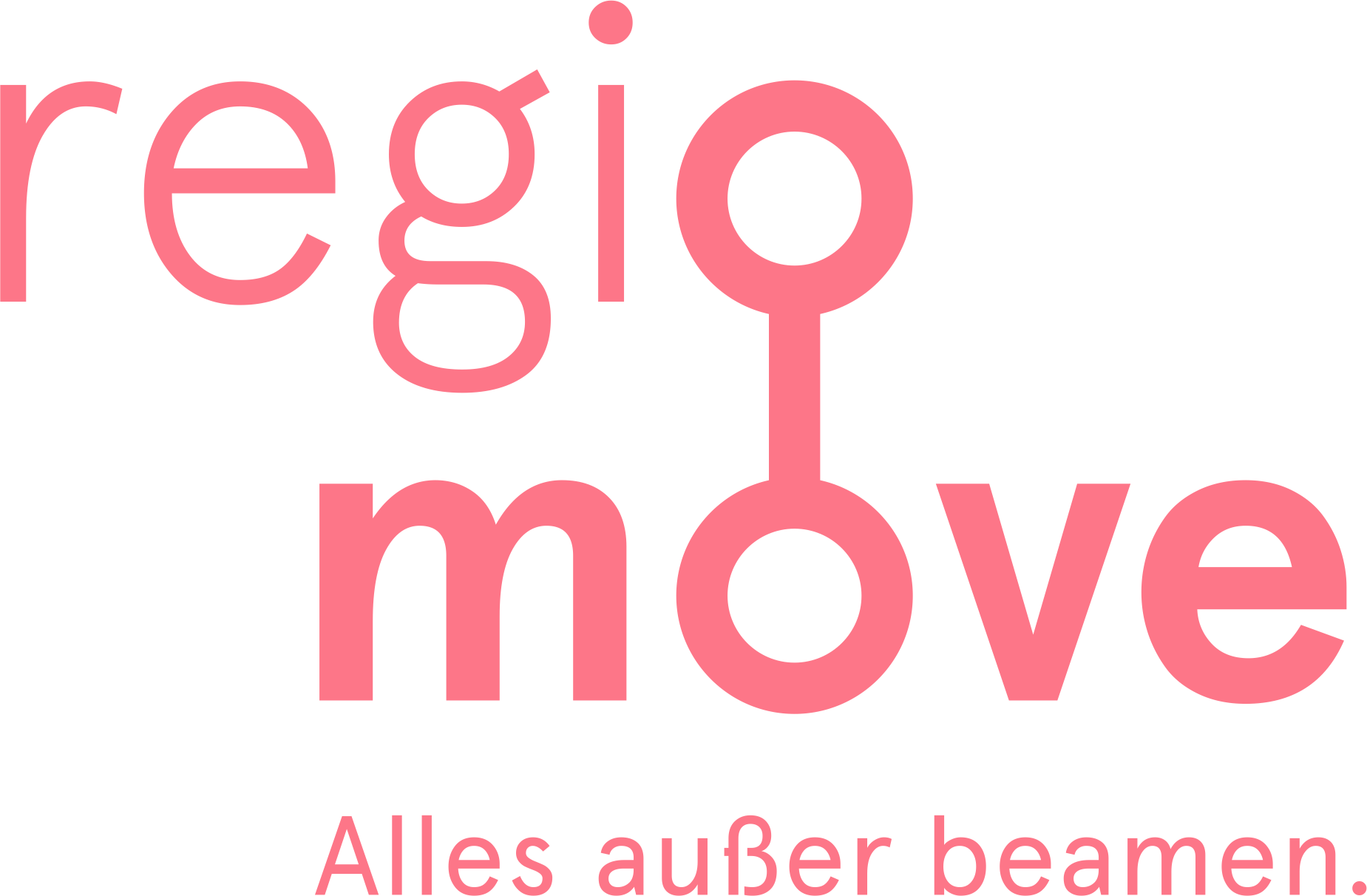The web page would like to load the following external sources:
These are not loaded for data protection reasons! Activate JavaScript if you want to load this content. You only see the local content.


Europäische Fonds für regionale Entwicklung (EFRE),
Land Baden-Württemberg
Karlsruher Verkehrsverbund (KVV)
Forschungszentrum Informatik (FZI)
Hochschule Karlsruhe (HSKA)
Regionalverband Mittlerer Oberrhein
Landratsamt Rastatt
Stadt Karlsruhe
init
PTV Group
stadtmobil Karlsruhe
raumobil
2017
2021
By clicking on the button below, data is loaded from the following external servers:
Personal data (e.g. your IP address) is transmitted to these external servers.
The web page would like to load the following external sources:
These are not loaded for data protection reasons! Activate JavaScript if you want to load this content. You only see the local content.
Over the last two decades, the transport sector has continued to contribute to a large extent to global greenhouse gas emissions and local air pollutant emissions. In everyday traffic, this especially effects the private car traffic. A contribution to its reduction can be reached by shifting (partial) trips to more compatible modes of transport. The main goal is to reduce the total number of kilometers travelled by private car and its share in modal split. In general, the focus here is on the environmental alliance, consisting of cycling, walking and public transportation. Bicycle and pedestrian traffic are important for the urban population and the suburbs. Public transport, on the other hand, is intended to form the backbone for longer distances to and from the surrounding region. However, it can only develop its positive effect through high capacity, meaning that minimal demand is essential and especially areas with low population density and dispersed settlement structures impend an efficient public transportation. In such regions, an intermodal transport supply can extend the range of public transportation by creating suitable and comfortable access and egress to stops. At the same time, car- and bikesharing offers close further gaps in the mobility needs of the population.
The project regiomove creates the organizational, technical and infrastructural basis for the establishment and future operation of a multi-/ and intermodal mobility network for all citizens of the Technology Region Karlsruhe (TRK). In the first sub-project "Pact", planning and organizational framework conditions as well as prerequisites for regulating the cooperation of all project partners (and possibly other service providers) are created. This lays the foundation for the development of a flexible mobility network. The second sub-project "Provider" looks at the technical challenges involved in providing a comprehensive information system for all public transportation systems. The information technology fundamentals as well as the customer interfaces will be provided. Finally, the third sub-project "Port" develops concepts for multifunctional mobility points, identifies their possible locations in the entire region and prototypes corresponding ports in the region. Mobility hubs (ports) improve mobility within the subcenters of the region and link them to each other. Additional service offers which can be used in a simplified way at the ports increase the attractiveness and quality of life outside the cities and in the peripheral zone of the conurbation.
KIT-IfV is responsible for modeling intermodal travel behavior in order to determine port locations and their modules. A microscopic modeling approach allows for the consistent representation of travel behavior at the level of individual decisions and for the intermodal usage of travel modes at regarded ports under the effects of future framework conditions. The microscopic travel demand model "mobiTopp" simulates the travel behavior of a population. Each simulated person with certain socio-demographic or socio-economic characteristics receives a respective behavior. By assigning a household context and the additional modeling of private and shared vehicles as additional agents, a complete traffic simulation of all inhabitants is possible.
The result of this microscopic demand simulation is the travel demand for an entire week in the study area. In different scenarios, considered combinations of ports which differ according to location and available means of transport, are integrated into the model and evaluated on the base of generated intermodal demand. This makes it possible to use each travel mode in its appropriate environment and at suitable distances, thus contributing to an intelligent and sustainable choice of travel mode.